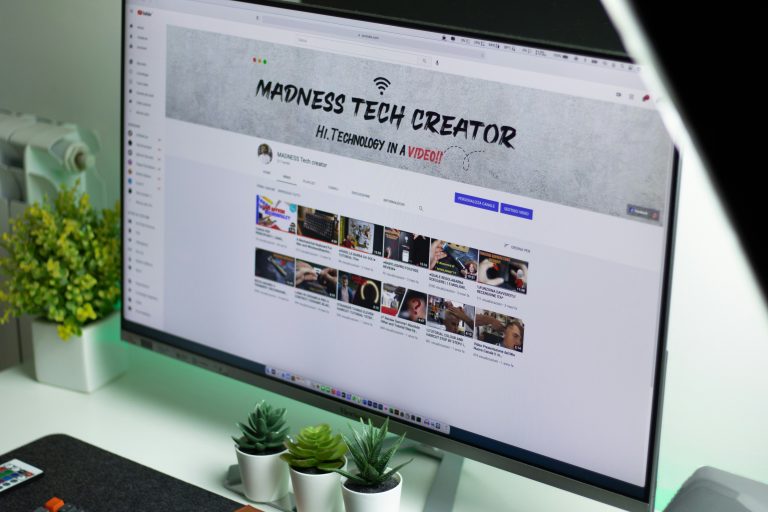AI in Healthcare: Revolutionizing Diagnosis and Treatment
2 AI in Medical Diagnosis
AI systems can analyze vast amounts of medical data faster and often more accurately than humans:
Imaging and Radiology:
1 AI models detect abnormalities in X-rays, MRIs, and CT scans, including cancers, fractures, and neurological disorders.
2 Tools like Google’s DeepMind and IBM Watson Health have shown high accuracy in diagnosing diseases such as breast cancer and diabetic retinopathy.
Pathology:
3 AI analyzes biopsy samples to identify patterns in cells and tissues, assisting in cancer detection and classification.
Genetic Testing:
4 AI helps interpret genomic data to assess inherited disease risks and recommend preventive strategies.
3 Personalized Treatment Plans
AI enables a shift from one-size-fits-all care to tailored treatment:
Precision Medicine:
1 AI analyzes a patient’s genetics, lifestyle, and health history to suggest customized treatment strategies.
Drug Interaction Warnings:
2 Systems can alert doctors to potentially harmful interactions based on patient-specific data.
Treatment Optimization:
3 AI helps oncologists plan radiation therapy or determine the most effective drug combinations.

4 Predictive Analytics and Early Detection
Disease Prediction:
1 AI models identify high-risk patients before symptoms appear, enabling early intervention for conditions like heart disease, diabetes, or stroke.
Monitoring Chronic Conditions:
2 Wearables and health apps powered by AI track vital signs and notify providers of concerning changes in real time.
Pandemic and Outbreak Tracking:
3 AI has been used to predict and monitor the spread of infectious diseases (e.g., COVID-19, flu) using data from travel, social media, and hospital records.
5 AI-Assisted Surgery and Robotics
Robotic Surgery:
1 AI-powered surgical systems provide precision assistance, reducing invasiveness and recovery time.
Preoperative Planning:
2 AI helps simulate surgeries and anticipate complications based on imaging and patient data.
6 Virtual Health Assistants and Chatbots
Patient Engagement:
1 Chatbots answer health questions, schedule appointments, send medication reminders, and even perform basic triage.
Mental Health Support:
2 AI-powered tools like Woebot and Wysa provide mental health resources, cognitive behavioral therapy (CBT), and mood tracking.

7 Streamlining Healthcare Operations
Administrative Automation:
1 AI reduces paperwork by automating tasks like billing, coding, and scheduling.
Clinical Decision Support Systems (CDSS):
2 Provide evidence-based recommendations at the point of care, reducing errors and supporting physicians’ decisions.
8 Challenges and Ethical Considerations
Data Privacy and Security:
1 Patient data must be protected under laws like HIPAA and GDPR.
Bias in Algorithms:
2 AI models trained on biased or incomplete data can lead to unequal treatment outcomes.
Trust and Transparency:
3 Black-box algorithms raise concerns about explainability and accountability in high-stakes decisions.
Regulatory Oversight:
4 Governments and institutions must evaluate and approve AI tools to ensure safety and efficacy.
Conclusion
AI is revolutionizing healthcare by making diagnosis faster, treatment more personalized, and systems more efficient. While the benefits are significant, they must be balanced with ethical safeguards and thoughtful regulation. With responsible implementation, AI can help create a healthcare system that is more responsive, equitable, and capable of meeting future challenges.






